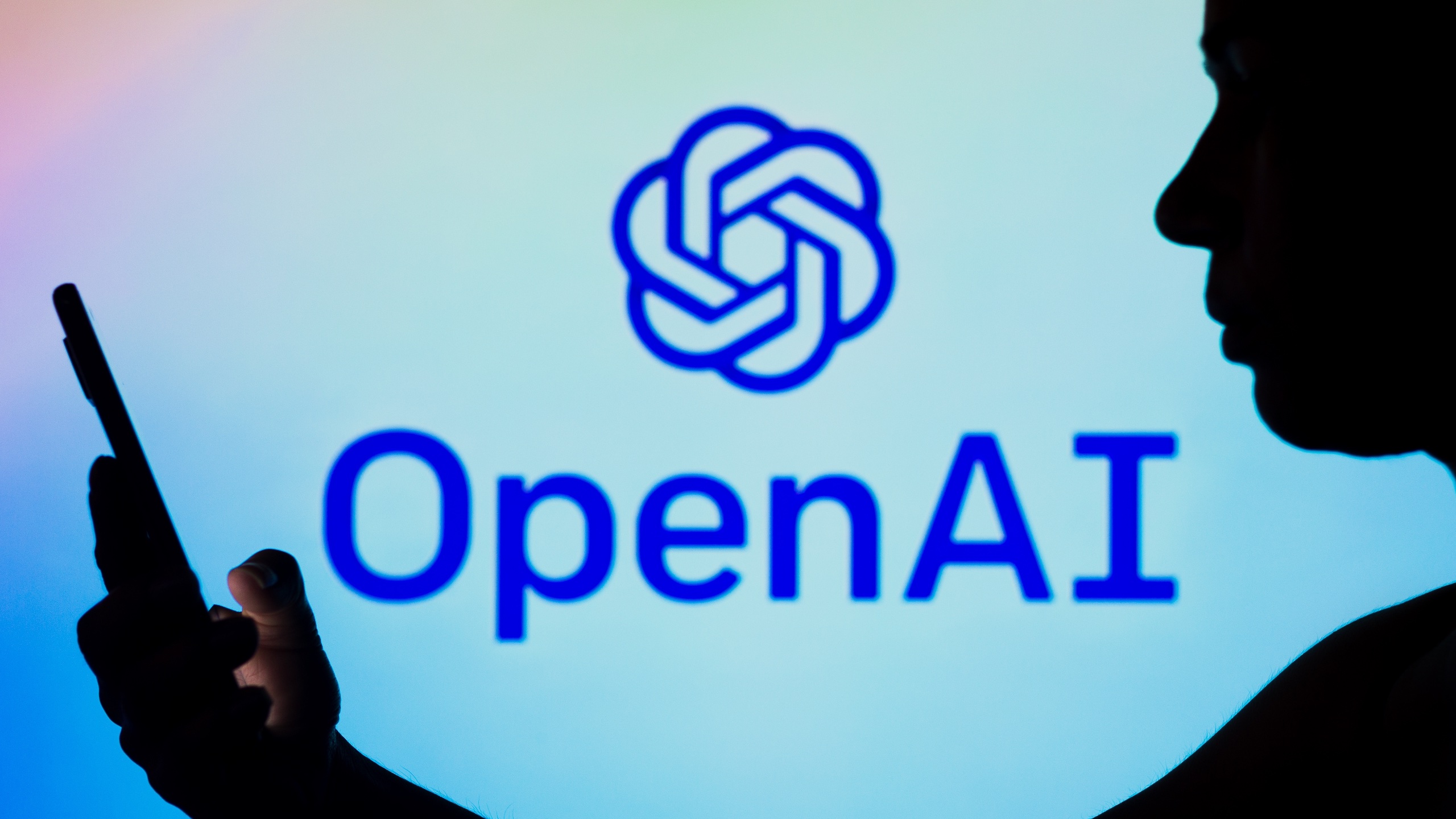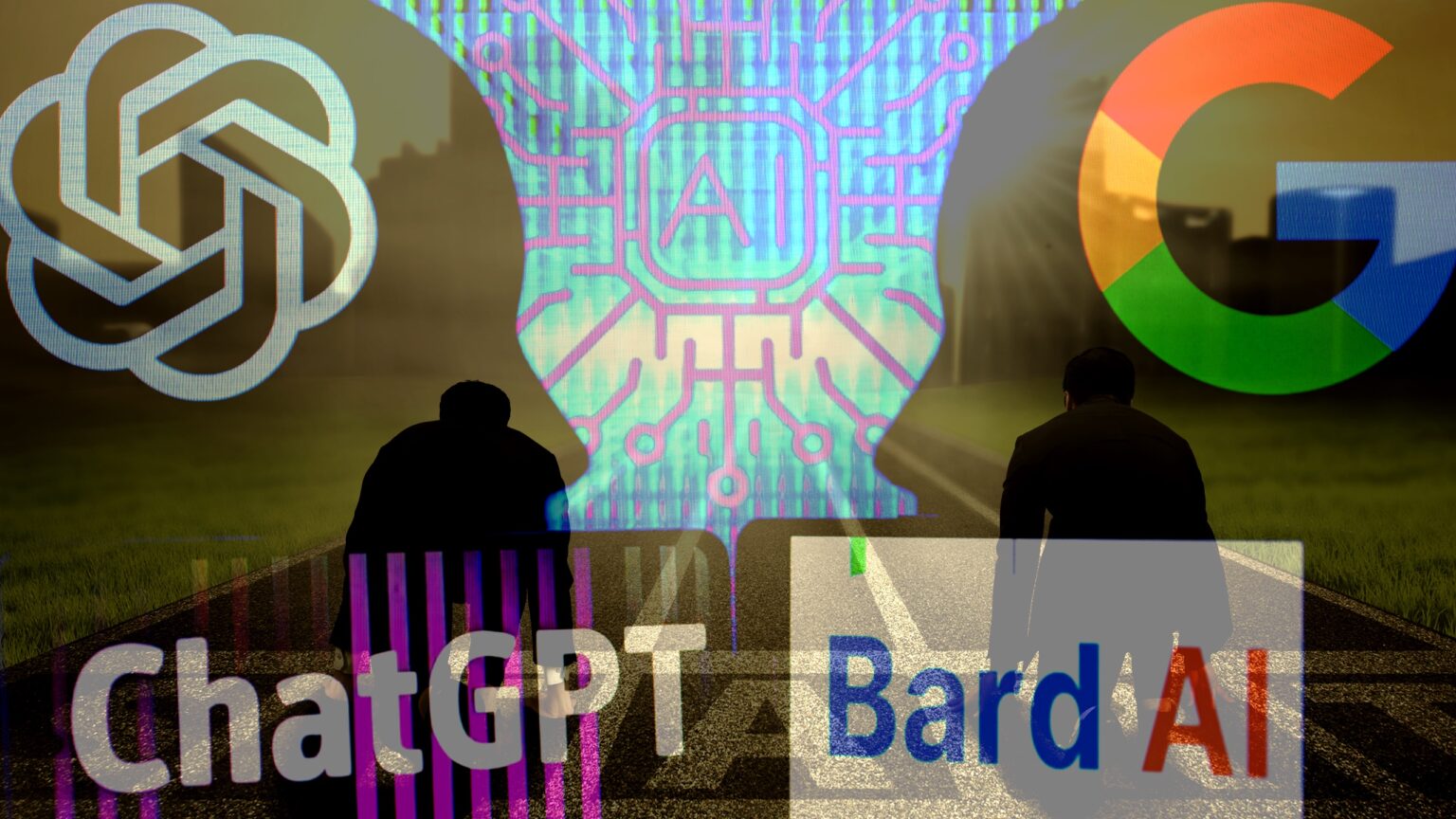OpenAI raised the stakes in the AI race with massive salaries for top talent. The ChatGPT creator is targeting senior AI researchers at major rival Google, offering annual pay packages worth a reported $5 million to $10 million, mostly in stock, according to The Information.
OpenAI’s recruiters are specifically looking to attract employees who are developing Gemini, a set of large language models (LLMs) from Google, the tech publication reported, citing sources with knowledge of the development.
Also read: ChatGPT Rakes in $1 Billion for OpenAI, Beating Projections
OpenAI offers stock to new recruits
OpenAI is promising its target employees shares in the company and access to high-tech, including AI accelerator chips, to run tests. The San Francisco-based firm is planning an employee share sale that will value it at $86 billion, Bloomberg reported last month.
Prospective employees are being offered compensation packages based on OpenAI’s current valuation of $27 billion, which could see a rise in value when the share sale closes, The Information reports. Top packages could be worth $5 million to $10 million.
So far, Google “does not appear to be matching the offers,” a source told the media outlet.
Tech companies are battling to dominate the AI sector, and talent has become the latest battleground amid a shortage of skilled AI workers. OpenAI has hired around 93 people who have worked for Google and Meta before, per data from LeadGenius and Punks & Pinstripes.
As of February, about 59 former Google employees and 34 former Meta staff worked for OpenAI, the data shows, as reported by Business Insider. OpenAI is paying research engineers in its superalignment team between $245,000 and $450,000 per year, plus “generous equity,” per an earlier job ad.
While OpenAI has raised pay for some junior employees in a bid to make them stay, Google has also recently recruited a few top-ranking researchers from the American startup, in part by offering higher salaries, according to industry media.
OpenAI CEO Sam Altman told employees in internal communications that Google will have a computing advantage until sometime next year when Microsoft, a key investor in the AI firm, makes more AI chips available, The Information wrote.

AI chip rivalry
As MetaNews previously reported, Microsoft is developing an AI chip called Athena, which it plans to launch at a developer conference in November. Athena will compete with Nvidia’s H100 GPU and can be used as a cloud solution for developers.
Microsoft is also working with Advanced Micro Devices (AMD) on its latest AI chip, MI300X, which is expected to be released by year-end. Google and Amazon are building their own AI chips, too, all part of a strategy for self-sufficiency and to reduce dependence on Nvidia.
Google has been using and improving its own AI chip, known as the Tensor Processing Unit (TPU), since 2015. The chip has been used in several apps, including Google Street View text processing and Google Photos, as well as to train its current AI models.
ChatGPT’s success has spawned massive competition pitting big tech companies such as Google, Microsoft, and lately, Elon Musk’s xAI, all seeking to assert their dominance in the fledgling AI sector. Musk recently launched the AI chatbot Grok to compete with OpenAI’s ChatGPT, Google’s Bard, and others.









 and then
and then